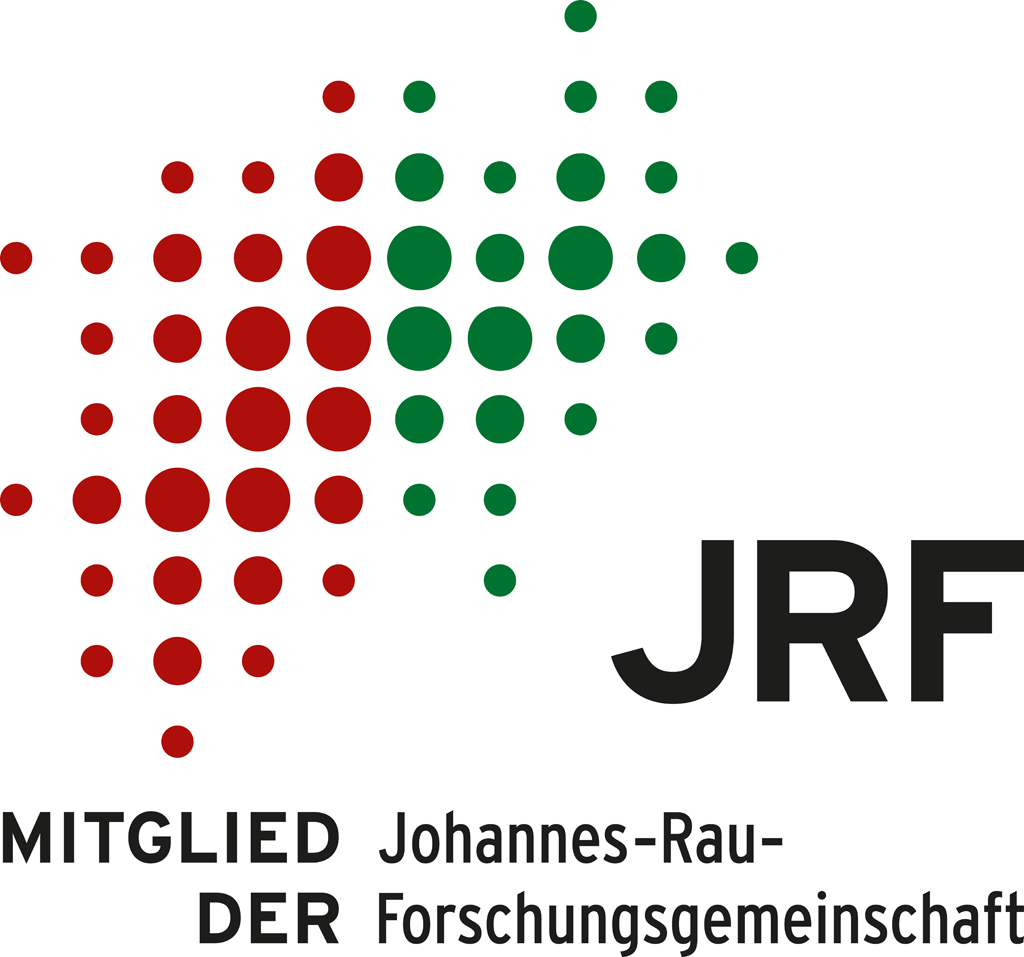Research projects
| Client: | Federal Ministry of Education and Research (BMBF) |
| Partner(s): | Oeko-Institute e.V. – Institute for Applied Ecology (coordination); team ewen; City of Darmstadt/ Dept. for Economy and Urban Development; |
| Time frame: | 04/2020 – 06/2022 |
How can transformative urban development succeed in existing urban neighborhoods? In the research project TRASIQ 2, this question is investigated in the urban neighborhoods Martinsviertel and Kranichstein-Süd in Darmstadt. With this, TRASIQ 2 is directly linked to its predecessor project, in which the sustainable development of the former military conversion site Cambrai-Fritsch-Kaserne in Darmstadt into a residential neighborhood was already examined. The aim was to uncover and resolve possible contradictions between the social, technical and communicative conditions and expectations of different stakeholders and to identify synergies. TRASIQ 2 can build on a wide range of preliminary work from its predecessor project: Both the newly developed participation format of the "Planning Forums" and the web-based analysis tool for urban development measures will be transferred to the Martinsviertel and Kranichstein-Süd. The research project focuses on three topics that are expected to form the focal points of transformation in these neighborhoods:
- climate-friendly heating supply
- efficient housing
- sustainable mobility
The central results of the research project are so-called "roadmaps for implementation", which are intended to initiate specific implementation steps for solving the everyday problems in the selected neighborhoods. The roadmaps define formal and informal instruments of urban planning that can be used for further transformation, as well as a technically coherent chronological sequence of individual measures. The aim is to initiate transformation processes and create a situation in which the relevant stakeholders share a common vision for the transformation of the neighborhoods and clearly identify the necessary implementation steps and responsibilities.
The project team from TRASIQ 1 was largely retained for the follow-up project and consists of Oeko-Institute, Research Institute for Regional and Urban Development (ILS), City of Darmstadt and team ewen. TRASIQ 2 is funded by the Federal Ministry of Education and Research (BMBF) and will run for 24 months.
For further project information: http://www.trasiq.de/
Project leader:
- Prof. Dr.-Ing. Jan Polívka
Project team:
- Theresa Milde
Phone: +49 (0) 231 9051-248
E-Mail: theresa.milde@ils-research.de
[« back]





